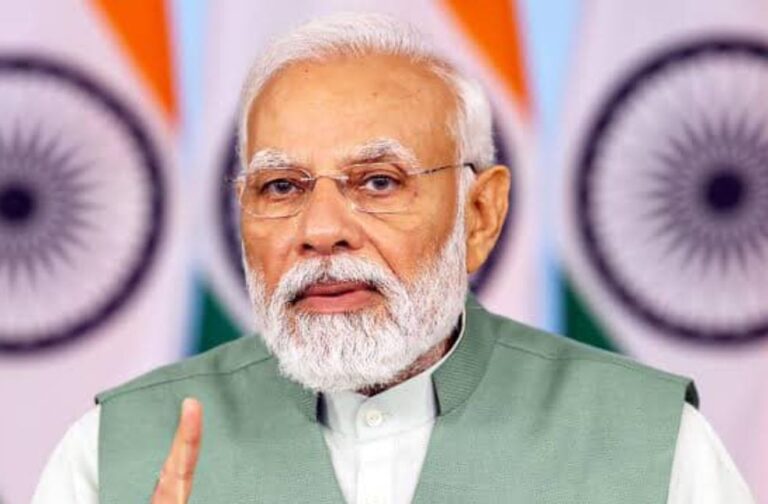New Delhi,India: India has responded firmly to remarks made by Iran’s Supreme Leader, Ayatollah Ali Khamenei, regarding the dealings with Muslims in the country.
India’s Ministry of External Affairs remarked on the comments as “misinformed and unacceptable.” The ministry urged other nations to address their own records on minority rights before enduring judgment on others.
Khamenei’s comments were posted on social media, where he commented that, “We cannot consider ourselves to be Muslims if we are oblivious to the suffering that a Muslim is enduring in Myanmar, Gaza, India, or any other place.” This drew a sharp contradiction from New Delhi, despite historically strong economic ties between the two nations.
The enemies of Islam have always tried to make us indifferent with regard to our shared identity as an Islamic Ummah. We cannot consider ourselves to be Muslims if we are oblivious to the suffering that a Muslim is enduring in #Myanmar, #Gaza, #India, or any other place.
— Khamenei.ir (@khamenei_ir) September 16, 2024
India and Iran share an inevitable strategic relationship, particularly with the development of Iran’s Chabahar Port. The 10-year agreement signed in May allows India to consider trade routes to Afghanistan and Central Asia, bypassing Pakistani ports. However, diplomatic tensions have emerged in the past due to disagreements over India’s treatment of its Muslim minority, especially in the contentious region of Kashmir.
Human rights groups have criticized the Indian government, led by Prime Minister Narendra Modi, for the hike in violence and discrimination against Muslims since he took office in 2014. Reports of mob lynchings, hate speech, and targeted attacks on Muslim communities have risen, alongside the demolition of homes and properties.
The government’s Citizenship Amendment Act (CAA), introduced in 2019, has been a notable point of controversy. The law grants Indian citizenship to non-Muslim refugees from Afghanistan, Pakistan, and Bangladesh, excluding Muslims from its provisions, which many critics argue undermines India’s secular identity.
While India has faced criticism for its treatment of minorities, Iran, too, is accused of discriminating against ethnic and religious groups. A recent United Nations report showcases the disproportionate impact of Tehran’s crackdown on the country’s Kurd and Baluch minorities following the mass protests of 2022.
Despite these tensions, India and Iran maintain important economic and strategic ties, though human rights issues continue to be a turning point in their relationship.



